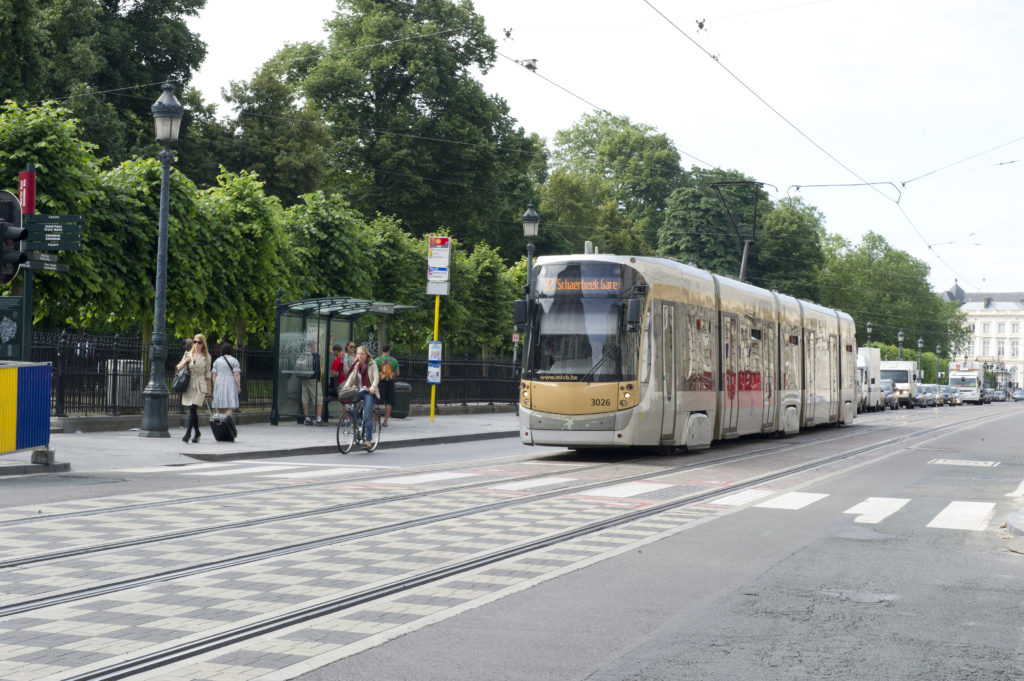The first day of "real" negotiations for a majority coalition in Brussels' regional parliament saw party leaders reach an agreement to expand the region's transport network, a deal that brings regional politicians one step closer to achieving a government formation before the end of June.
"Brussels is the first region to have an agreement on mobility," Laurette Onkelinx, one of two lead negotiators told Bruzz on Tuesday at the end of the talks.
Representatives of the green, liberal and socialists parties from both the French and Dutch-language communities agreed to a mobility package which includes plans for expanding both the tramway and metro lines in the Brussels-Capital region.
“The agreement we have concluded today will have a major impact on the lives of Brussels residents," Olivier Maingain of liberal DéFi said, adding that the agreement was also "important for the economic viability of our region.
The deal foresees the construction of "at least" three new tram lines and an additional metro line in the regional territory, as well as provisions about a "smart kilometre" tax, which Onkelinx said still needed to be talked over with parties in Wallonia and Flanders.
News of the agreement follows a week of uncertainty which saw the two lead negotiators urge parties to speed up the negotiations after the Dutch-speaking liberal party Open Vld refuse to join the other five parties at the negotiating table.
The mobility package agreed to by the six parties poised to lead Brussels through the next legislative term upheld an initiative to create a new metro line promoted by the previous regional government, led by the Parti Socialiste and liberal party DéFi.
But while the agreement had prompted opposition from both the Francophone and Dutch greens (Écolo, Groen) over fears that the expensive metro expansion would use the majority of the region's mobility budget, leaders on Wednesday did not divulge the financial aspect of the mobility deal.
Expecting to reach a majority agreement by June 21, the six parties are set to continue negotiations during the week, with jobs and the economy set to be discussed next.
Gabriela Galindo
The Brussels Times

